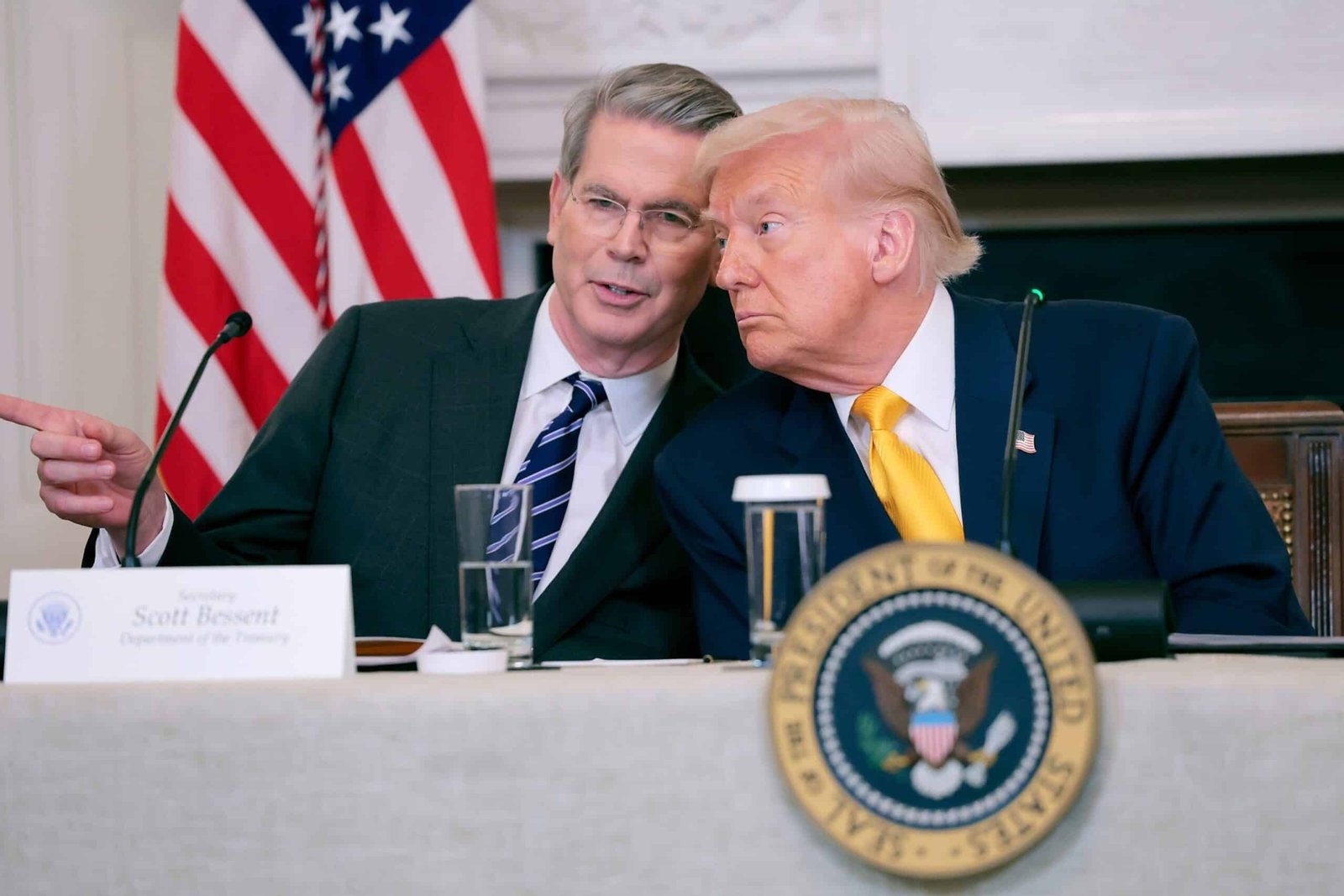The Canadian Prime Minister Mark Carney, told President Donald Trump in the oval office that Canada “is not on sale” after Trump repeated his statement that he should become the state 51.
“As you know of real estate, there are some places that are not for sale. And Canada is not on sale, it will never be on sale,” Carney told Trump. “But the opportunity is in the association and what we can build together. And we have done it in the past.”
Trump, however, still did not let the idea go.
“Time will say it. It’s just the moment. But I say you never say,” Trump said in tense time. “I have had many, many things that were not feasible and ended up being feasible and only feasible in a very friendly way.”
Carney emphasized that Canada’s position “will not change” in the matter, before pivoting the commercial conversation.
Trump said there was nothing that Carney could say during Tuesday’s meeting that would make him lift tariffs, which include a 25% tax on Canadian products that do not comply with the United States-México-Canada (USMCA) and other taxes on cars, oil, steel and aluminum.
“That’s right,” Trump told reporters.

President Donald Trump meets Canadian Prime Minister Mark Carney at the Oval Office of the White House, on May 6, 2025, in Washington.
EVAN VUCCI/AP
Carney, who has just won a choice to replace Justin Trudeau largely due to its anti-trump platform, tried to persuade Trump that Canada is crucial for the United States as one of its largest commercial partners.
“There are much bigger forces involved,” said Carney on commerce. “And this will take some time in some discussions. And that’s why we are here to have those discussions.”
After Trump said: “We do not do many businesses with Canada from our point of view: they do a lot of business with us,” Carney receded and said: “We are the largest customer in the United States in all of all the goods. Then, we are the largest customer in the United States.”
The historically friendly relationship between the United States and Canada has become tense under Trump due to its tariff war and its threat of acquisition.
An advantage for Carney compared to his predecessor at Tuesday was his lack of history with Trump. Trudeau left his position with a bruised relationship with the president, who repeatedly trollled as “governor” instead of prime minister. The two leaders could not resolve a tariff agreement.
Before the thrust to Trump to turn Canada into state 51, the two men gave a rather cordial tone at the beginning of their Oval office encounter.
Trump congratulated Carney for his victory, saying “Canada chose a very talented person, a very good person.”
“This is very friendly,” Trump said about his sitting. “This is not going to be like: we had another small explosion with someone else,” Trump added, referring to his oval dispute with Ukrainian President Volodymyr Zelenskyy earlier this year.

President Donald Trump greets Canadian Prime Minister Mark Carney when he arrives at the White House in Washington, on May 6, 2025.
Mandel and/AFP
Even so, a 25% tariff imposed by Trump remains in place for Canadian products that do not meet the (USMCA), as well as a 10% rate on Canadian oil imports and 25% of the rate of all cars, car parts, steel and aluminum.
The retaliation action of Canada includes a 25% rate on vehicles imported from the US. In March, Canada imposed retaliation rates worth $ 21 billion were applied in items such as American orange juice, whiskey, peanut butter, coffee, appliances, footwear, cosmetics, motorcycles and certain pulp and paper products.
Canada also has a lot to lose if Trump continues with the threat of imposing 100% tariffs on films produced outside the United States.
Trump continued praising USMCA and said that the United States and Canada would have conversations during the next year to renegotiate or finish the agreement.
Carney said there were things that “would have to change” in the agreement.
“It is a basis for a broader negotiation. Some things will have to change. And part of the way he has made these rates has taken advantage of the existing aspects of USMCA. Therefore, he will have to change. There are other elements that have arrived, and that is part of what we are going to discuss,” said Carney.




